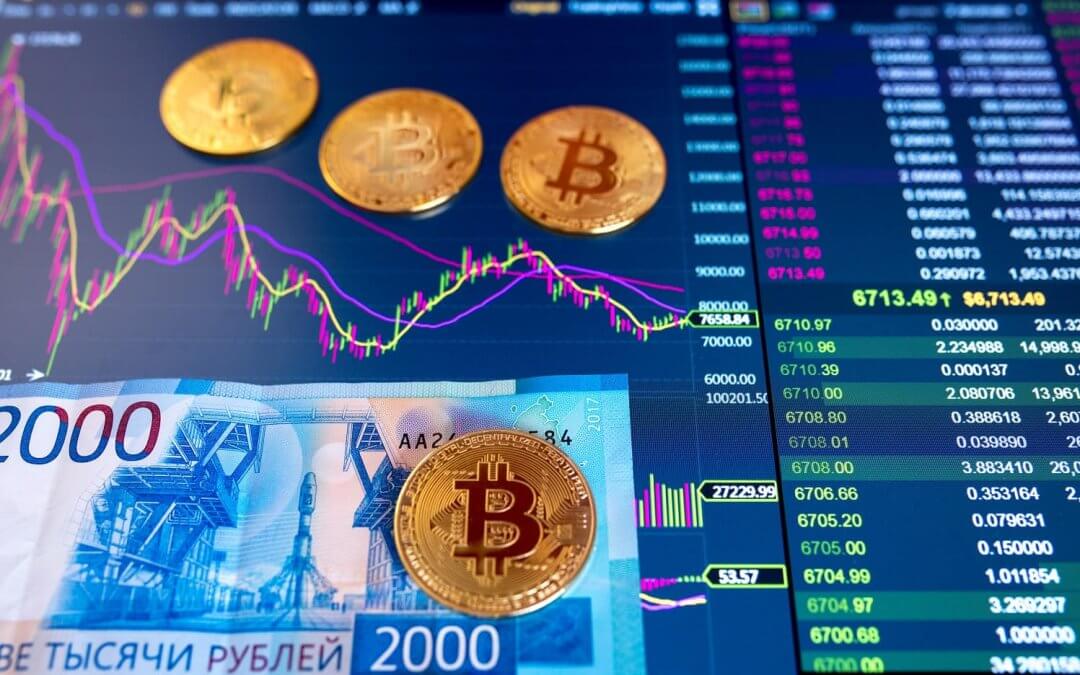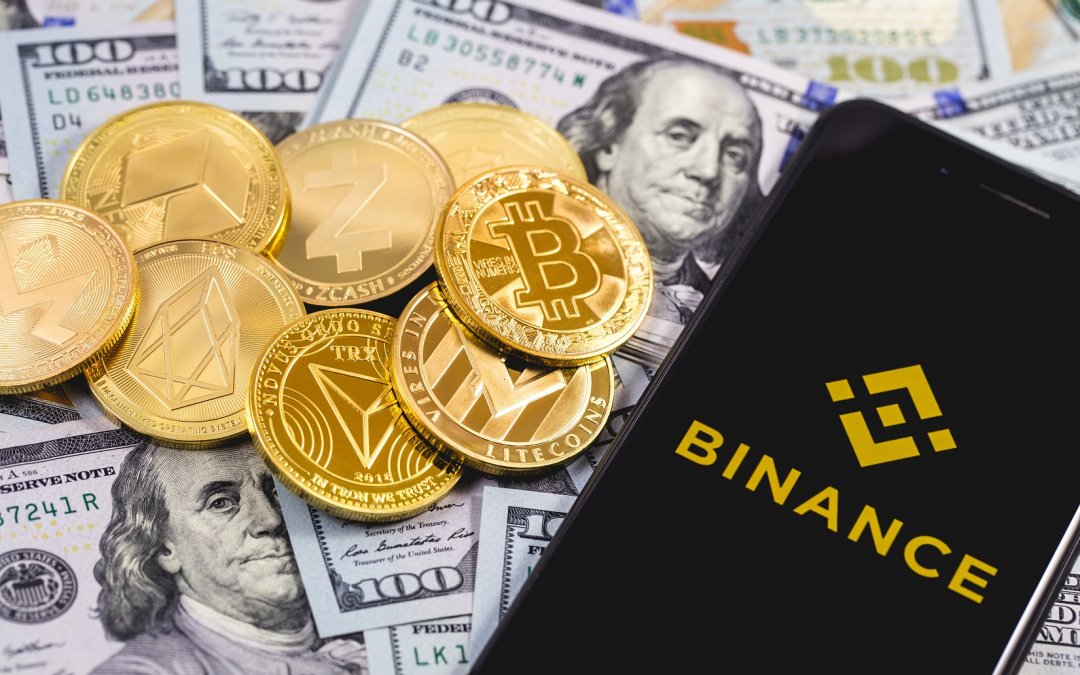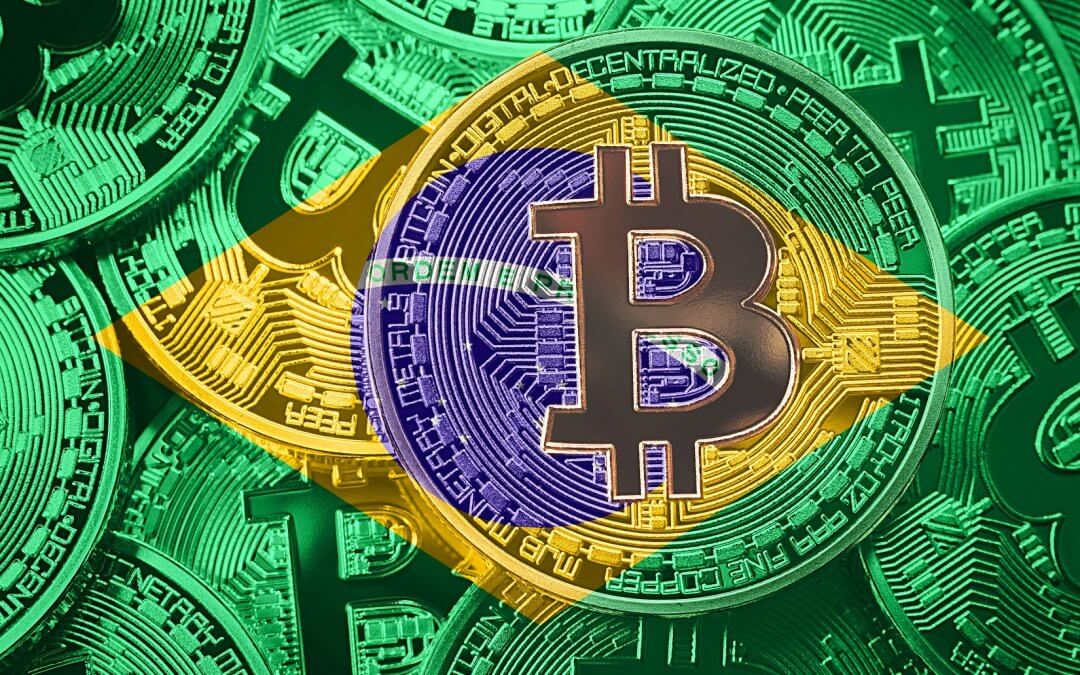Cryptocurrencies have been subject to wide adoption among both regular investors and big financial institutions. The increasing demand for digital assets has pushed many of the large international banks and governments to include Bitcoin and other altcoin management funds and assets into their portfolio. The popularity of cryptocurrencies has also become extremely notable in the US, where major capital holders have demanded more accessibility to wealth-management trusts, based around Bitcoin or Ethereum. As a result of this, JPMorgan, one of North America’s megabanks, has opened crypto trading to most of its clients.
JPMorgan will now provide its major clients with access to Bitcoin funds
Last month, advisors in JPMorgan’s wealth-management division were allowed to accept purchase and sale orders for five cryptocurrency products, including Grayscale’s Bitcoin trust, Ethereum Trust, Osprey Funds’ Bitcoin Trust, as well as Ethereum Classic products. This is valid for both self-directed customers of the bank and the more affluent clients of JPMorgan.
The policy change has likely come as a result of Bitcoin’s surge in price on April 14, when the cryptocurrency hit an all-time high price of around $65,000. And while the market has deflated since then, the demand for exposure to the asset has remained steady for the customers of the bank.

JPMorgan’s institutional position about cryptocurrency
In the past, JPMorgan’s CEO, Jamie Dimon, has repeatedly stated his opinion that Bitcoin trading activity in the company will be severely punished. Labeling Bitcoin as a “dangerous fraud”, a few years back, Dimon has argued that government regulation will lead to unexpected drops in the market, which will cost the bank and its clients a lot of money. And while cryptocurrencies have not yet been adopted as a conventional banking investment strategy, we have recently observed that JPMorgan officials have declared a more open position towards digital asset products.
Contrary to the CEO’s views of the volatile commodity, the majority of high-ranking deputies in the bank did acknowledge and take into consideration the large demand for this market in February this year. The trading access to Bitcoin and other cryptocurrency-centered funds confirms this institutional change. It also signals that other major banks in the country will soon follow the lead of JPMorgan and potentially expand their services to the cryptocurrency market.
Consequences of adopting cryptocurrency investment strategies and the introduction of new banking policies
Grayscale is currently the largest operating Bitcoin fund. Allowing them to onboard JPMorgan’s $630 billion wealth platform is a well-calculated move by the bank that aims to offer exposure to cryptocurrency-related assets and products, while simultaneously providing the time to learn and identify the best ways to invest in Bitcoin. Other banks, such as Goldman Sachs and Morgan Stanley, have also prepared to adopt cryptocurrency products in the future. At present, the new policies are being tested through institutional clients and hedge funds but are expected to soon reach exposure to all of their customers.
Conclusion
The recent adoption of cryptocurrency trading in JPMorgan has led to a controversial stand of the large financial institutions in the United States. While the government is perpetually introducing new regulatory measures to help navigate the cryptocurrency market, the demand for digital products has been on the rise. As one of the top banks in the US, JPMorgan was until recently thought to be against the introduction of cryptocurrency investment options. The acceptance of these new policies signals that major institutional changes will have to happen in order to restore the balance between conventional banking politics and customers’ demand for innovation. This could result in a direct conflict between the government regulators and the managers of the financial institutions. While nothing is certain, we can expect to soon see other major US banks offer wider exposure to cryptocurrencies, and more specifically, to Bitcoin.
Tell us what topic you’d like
Us to cover!
Our objective is to make the world of crypto more comprehensive to everyone out there







0 Comments